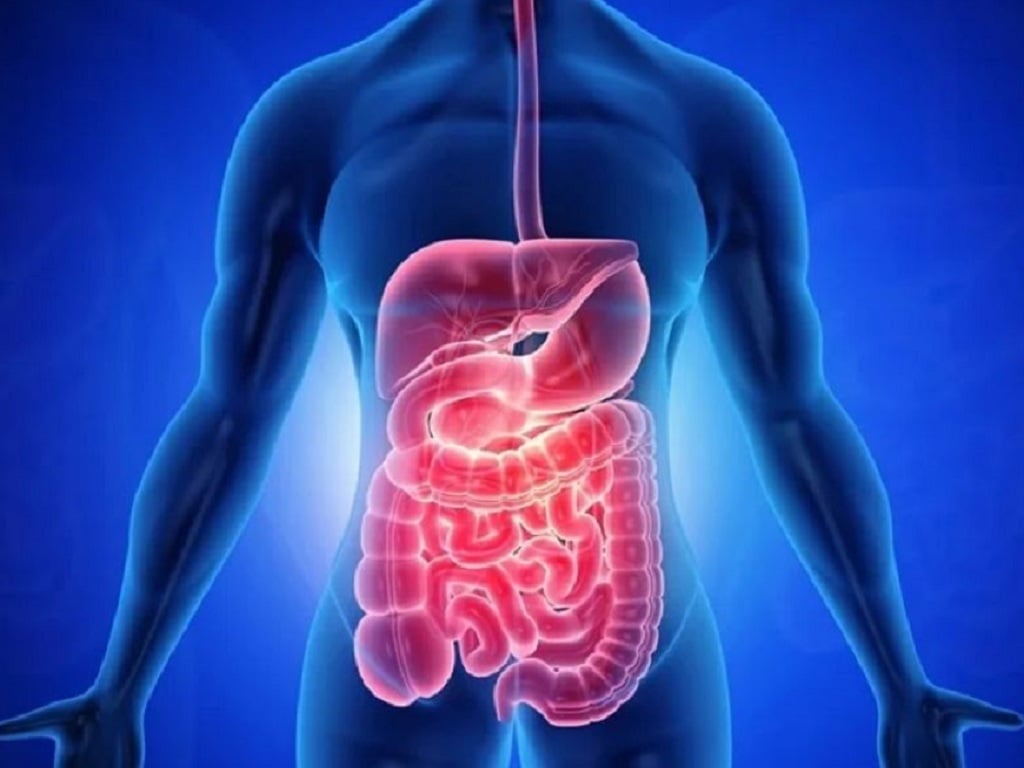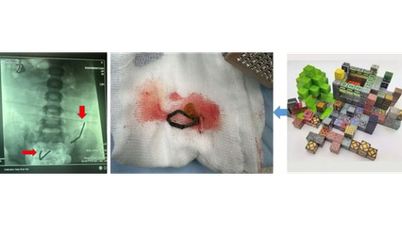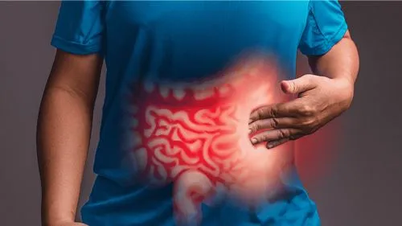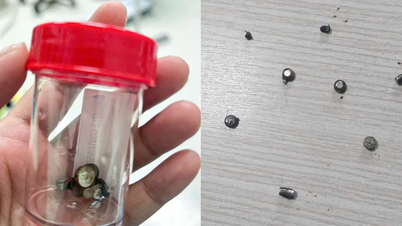Differences in gut and liver structure play a big role for doctors and patients. Currently, surgical methods, medical treatments, and even diet and lifestyle recommendations are designed for people with average body mass indexes. Meanwhile, each person's digestive system can be different, according to US News & World Report .

Each person's intestinal structure can be very different.
In the study, Associate Professor Erin McKenney and colleagues at North Carolina State University (USA) dissected and measured the intestines and livers of 45 people who donated their bodies to medical science after death. They discovered that some people had larger livers than normal, while their small and large intestines were longer.
Some organs were even in the wrong place. "I almost couldn't find one person's appendix because it was behind the cecum instead of in front," said McKenney.
There are people whose cecums are much larger than normal. A typical cecum is about 3 to 5 cm in size. But during the research, the team discovered a woman whose cecum was 10 to 12 cm long.
They also found that women's small intestines tend to be longer than men's, while men have longer large intestines. This finding supports the theory that women are better able to survive during times of food scarcity than men. This is because their small intestines are longer, which allows them to absorb nutrients from food better than men.
Meanwhile, men have a longer large intestine, which has the ability to absorb water in the stool. The longer the large intestine, the longer the stool will stay in it and absorb more water. This condition can easily cause constipation. Therefore, fiber and drinking enough water are more important for men's intestinal health.
“If you're talking to four different people, chances are they all have different guts,” adds McKenney.
The discovery that organs like the intestines and liver are different for each person could lead to changes in health care. For example, different lengths of intestines can increase the risk of digestive problems like irritable bowel syndrome. These people need care and counseling to better cope with the risk of disease, according to US News & World Report .
Source link




![[Photo] Students of Binh Minh Primary School enjoy the full moon festival, receiving the joys of childhood](https://vphoto.vietnam.vn/thumb/1200x675/vietnam/resource/IMAGE/2025/10/3/8cf8abef22fe4471be400a818912cb85)
![[Photo] Prime Minister Pham Minh Chinh chairs meeting to deploy overcoming consequences of storm No. 10](https://vphoto.vietnam.vn/thumb/1200x675/vietnam/resource/IMAGE/2025/10/3/544f420dcc844463898fcbef46247d16)


































































































Comment (0)